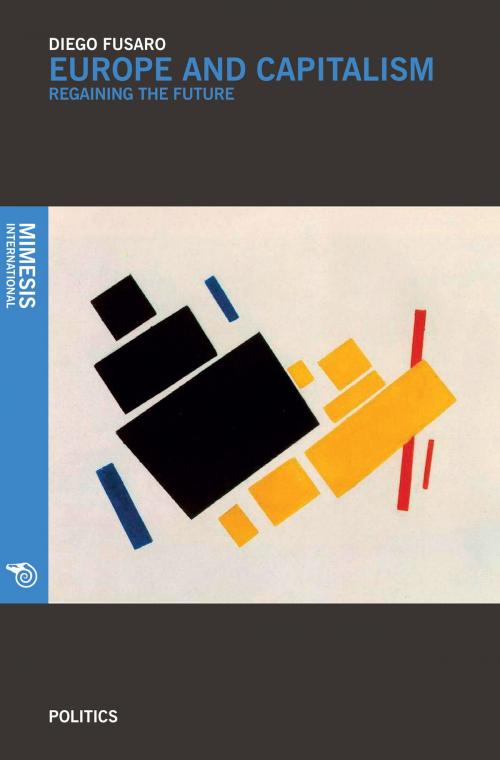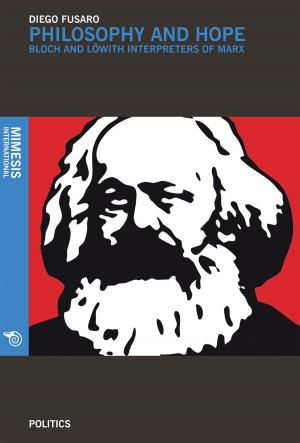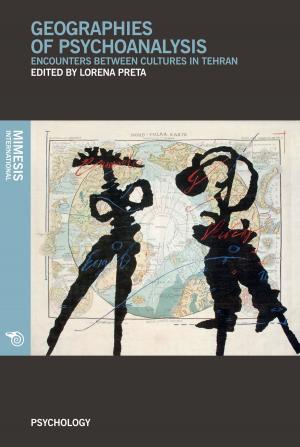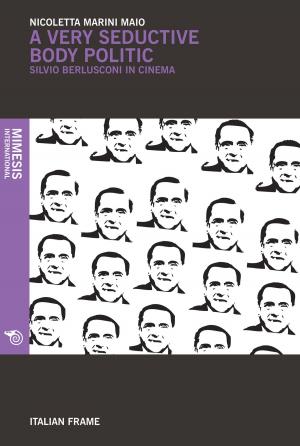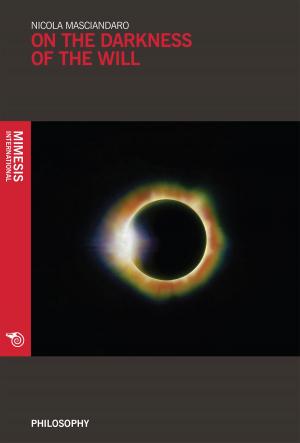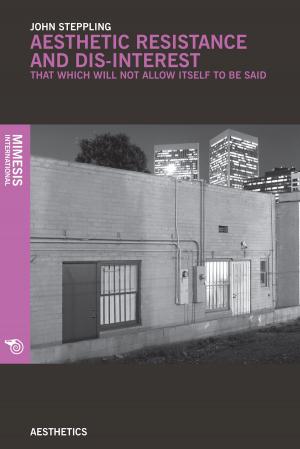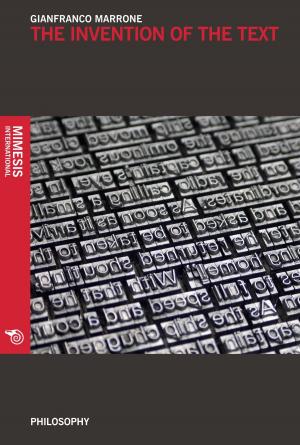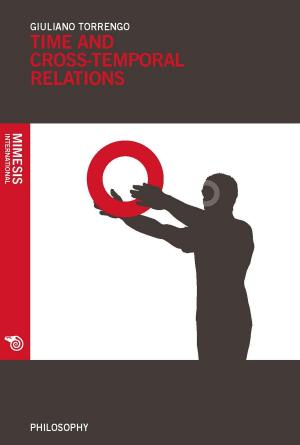| Author: | Diego Fusaro | ISBN: | 9788869770470 |
| Publisher: | Mimesis International | Publication: | December 16, 2015 |
| Imprint: | Mimesis International | Language: | English |
| Author: | Diego Fusaro |
| ISBN: | 9788869770470 |
| Publisher: | Mimesis International |
| Publication: | December 16, 2015 |
| Imprint: | Mimesis International |
| Language: | English |
The current European Union is too often presented as the Europe of peoples and freedom.This essay overturns this common way of understanding our political reality. In fact, upon closer and unbiased analysis, Europe appears to be the result of a “passive revolution” (Gramsci) through which the dominant class, after 1989, has managed to stabilise capitalist relations of power. This happened at the expense of the force which had partly resisted it: the sovereign nation state, which gave primacy to the political over the economic and guaranteed social rights. Marking the absolute triumph ofcapitalism, the creation of the European Union has managed to deprive politics of any hegemony: it has paved the way to the unstoppable cycle of privatisations and cuts to public spending, to the enforced precarisation of work and to the ever sharper reduction of social rights, imposing economic violence to the detriment of the subaltern and the economically weakest peoples.For this reason, the only way to open up the future once again, to defend peoples and labour, and to carry on that struggle once fought by Marx and Gramsci, is a radical critique of the euro and contemporary finance.
The current European Union is too often presented as the Europe of peoples and freedom.This essay overturns this common way of understanding our political reality. In fact, upon closer and unbiased analysis, Europe appears to be the result of a “passive revolution” (Gramsci) through which the dominant class, after 1989, has managed to stabilise capitalist relations of power. This happened at the expense of the force which had partly resisted it: the sovereign nation state, which gave primacy to the political over the economic and guaranteed social rights. Marking the absolute triumph ofcapitalism, the creation of the European Union has managed to deprive politics of any hegemony: it has paved the way to the unstoppable cycle of privatisations and cuts to public spending, to the enforced precarisation of work and to the ever sharper reduction of social rights, imposing economic violence to the detriment of the subaltern and the economically weakest peoples.For this reason, the only way to open up the future once again, to defend peoples and labour, and to carry on that struggle once fought by Marx and Gramsci, is a radical critique of the euro and contemporary finance.
